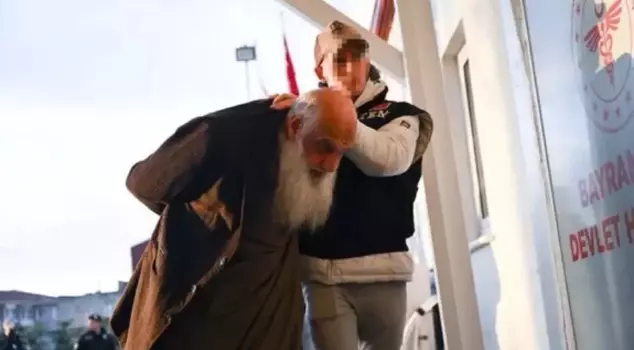
18.09.2024 15:11
In the trial held at Istanbul 28th Heavy Penal Court, the detained defendants Ahmet Koray Özgürün and Alperen Erkut were sentenced to 8 years and 4 months in prison for obtaining prohibited information for espionage purposes. In total, 56 defendants were tried and some of them were acquitted.
The trial at the Istanbul 28th Heavy Penal Court was attended by 2 detained defendants who connected through the Audio and Visual Informatics System (SEGBIS) from the prison. Some of the defendants' lawyers were also present at the trial.
The defense lawyers claimed that there was no concrete evidence against their clients. The defendants also requested their acquittal in their defense statements.
The panel of judges who concluded the case sentenced the detained defendants Ahmet Koray Özgürün and Alperen Erkut to 10 years in prison each for the crime of "obtaining prohibited information for espionage purposes". Taking into account the potential impact on the defendants' future, the panel reduced the sentence to 8 years and 4 months each. The panel also sentenced 35 other defendants to 8 years in prison each for the same crime. Considering the potential impact on the defendants' future, the court reduced this sentence to 6 years and 8 months each and imposed a travel ban on the defendants.
FROM THE INDICTMENT
The indictment prepared by the Istanbul Chief Public Prosecutor's Office stated that the Israeli intelligence service established a remote, online operational team through internet-based mobile applications, aiming to remotely obtain resources, transfer money to their sources through live couriers, and carry out tactical operations against their targets in the field.
The indictment emphasized that the initial contact was made through Telegram and WhatsApp applications encoded on mobile phones, social media accounts, Linkedin, and email. It was stated that the communication was maintained through operational Telegram and WhatsApp applications, without any video or voice calls, and payments were made through international money transfer companies, cryptocurrencies, money transfer offices, and live couriers.
The indictment also mentioned the utilization of detectives for professionally required tasks and the use of individuals who do not raise suspicion for tactical operations. It was explained that instructions were given to the individuals assigned for tactical tasks to establish and manage WhatsApp groups, create and manage websites, design internet news newspapers, conduct research, transfer money, document photos and videos, conduct surveillance, assault and injure, commit robbery, provide operational lines, and conduct research in Syria and Lebanon.